CALL EXPERT
+91 77738 88797
Choose Your Training
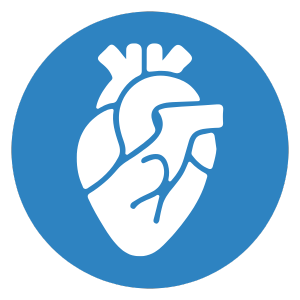
Advanced Cardiovascular Life Support
(ACLS)
View More
Overview:
ACLS trains healthcare professionals in managing cardiac emergencies like stroke, heart attack, and arrhythmias. It focuses on advanced airway management, defibrillation, and emergency pharmacology.
Duration:
2–3 days (approx. 16–20 hours)
Eligibility:
Healthcare professionals with BLS certification
Doctors, nurses, paramedics, or medical interns
Career Growth:
Essential for working in emergency departments, ICUs, and cardiac units
Increases chances for promotions and specialized roles in critical care
Mandatory for many international healthcare roles
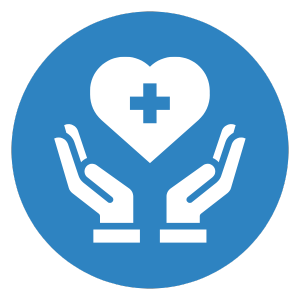
Basic Life Support for Healthcare Providers
(BLS)
View More
Overview:
BLS teaches essential CPR and emergency response skills, including chest compressions, rescue breathing, and AED use for adults, children, and infants.
Duration:
1 day (approx. 4–6 hours)
Eligibility:
Open to all healthcare providers and students in medical fields
Career Growth:
Fundamental requirement for any clinical role
A stepping stone for ACLS, PALS, and other certifications
Improves emergency response readiness in any healthcare setting
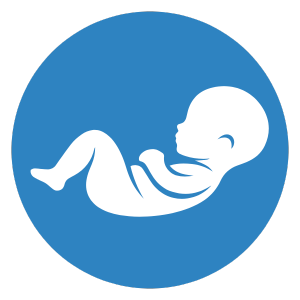
Neonatal Advanced Life Support
(NALS)
View More
Overview:
NALS equips professionals with the skills to handle neonatal resuscitation, focusing on newborns requiring immediate care post-delivery.
Duration:
2 days (approx. 12–16 hours)
Eligibility:
Doctors, nurses, or midwives involved in neonatal or delivery care
BLS certification recommended
Career Growth:
Critical for roles in NICUs, maternity wards, and pediatric units
Enhances expertise in neonatal emergency care
Boosts eligibility for advanced pediatric roles
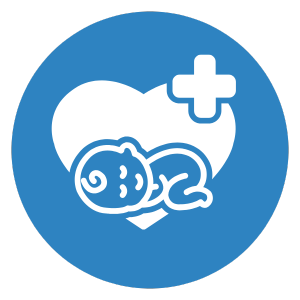
Pediatric Advanced Life Support
(PALS)
View More
Overview:
PALS covers emergency care for infants and children, focusing on pediatric assessment, respiratory and shock management, and team-based resuscitation.
Duration:
2–3 days (approx. 16 hours)
Eligibility:
Healthcare professionals treating children (e.g., pediatricians, nurses)
BLS certification required
Career Growth:
Opens doors to pediatric ICU and emergency roles
Required for pediatric specialists and advanced practice roles
Recognized globally for pediatric emergency competence
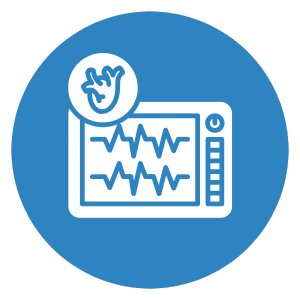
ECG Interpretation
View More
Overview:
This course teaches healthcare workers how to read and interpret electrocardiograms (ECGs), essential for diagnosing cardiac conditions.
Duration:
1–2 weeks (varies by program)
Eligibility:
Nurses, paramedics, or medical students
Basic knowledge of anatomy and physiology helpful
Career Growth:
Useful in cardiology departments, emergency care, and telemetry units
Enhances diagnostic skills and clinical confidence
Strong foundation for roles in cardiac care units (CCU)
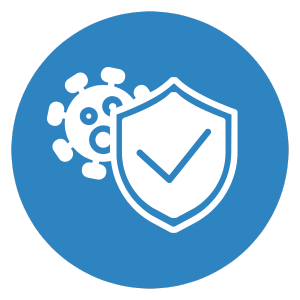
Infection Control and Prevention
View More
Overview:
Focuses on protocols to reduce healthcare-associated infections, including sterilization, hygiene practices, and outbreak management.
Duration:
1–2 weeks (may vary)
Eligibility:
Healthcare professionals, hospital staff, and students
No prior certification needed
Career Growth:
Critical for roles in hospitals, especially in surgical and ICU units
Valuable for infection control officers and hospital quality teams
Helps meet global health and safety standards
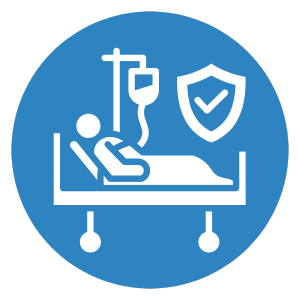
Critical Care Training Program
View More
Overview:
A comprehensive program that builds core competencies in managing critically ill patients, covering ventilators, IV lines, emergency drugs, and ICU protocols.
Duration:
1–3 months
Eligibility:
Nurses, doctors, and paramedics with clinical experience
BLS/ACLS certification preferred
Career Growth:
Prepares for ICU, trauma, and emergency department roles
Supports transition into critical care specialization
In demand across hospitals and emergency response teams
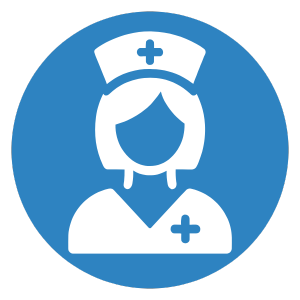
Nurses Skill Development Program
View More
Overview:
Designed to strengthen core clinical skills in nursing practice, including wound care, IV access, documentation, and patient communication.
Duration:
1 month (approx.)
Eligibility:
Registered nurses or nursing students
Career Growth:
Improves bedside care quality and confidence
Prepares nurses for advanced clinical roles or specialization
Enhances employability and performance in competitive settings
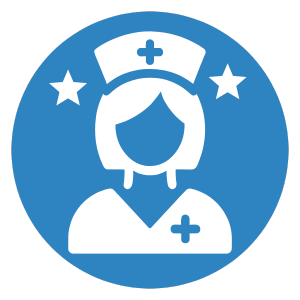
Experienced Nurse Program
View More
Overview:
This program helps experienced nurses update and refine their clinical and leadership skills with modern practices and technologies.
Duration:
1–2 months
Eligibility:
Practicing nurses with 2+ years of clinical experience
Career Growth:
Supports promotion into senior or supervisory roles
Facilitates transition to specialized departments (ICU, OT, emergency)
Builds a foundation for academic, training, or management roles
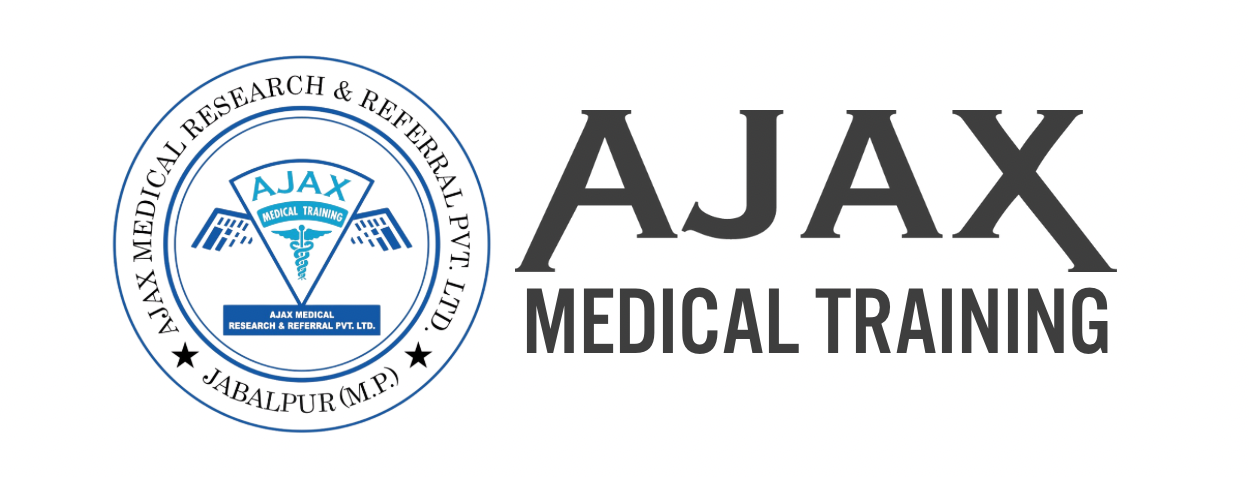
At Ajax Medical Training, we empower you to step confidently into the healthcare industry with skills that matter.
Ajax medical training
contact
- +91 8349028282
- +91 9650804598
- ajaxmedicaltraining@gmail.com
- VITS Campus, Neemkheda Gour Tiraha, Mandla RD, Jabalpur
Ajax pathology & physiotherapy centre
contact
- +91 7773888797
- +91 7024898181
- ajaxmedicalservices@gmail.com
- 2338/39 opp. Maa chandi dham near Badshah halwai mandir, Gwarighat road, Jabalpur
Ajax paramedical institute
contact
- 9650804598
- 8349028282
- ajaxmedicaltraining@gmail.com
- VITS Campus, Neemkheda Gour Tiraha, Mandla RD, Jabalpur
Copyright © 2024 Rometheme. All Rights Reserved.
